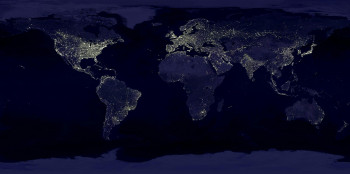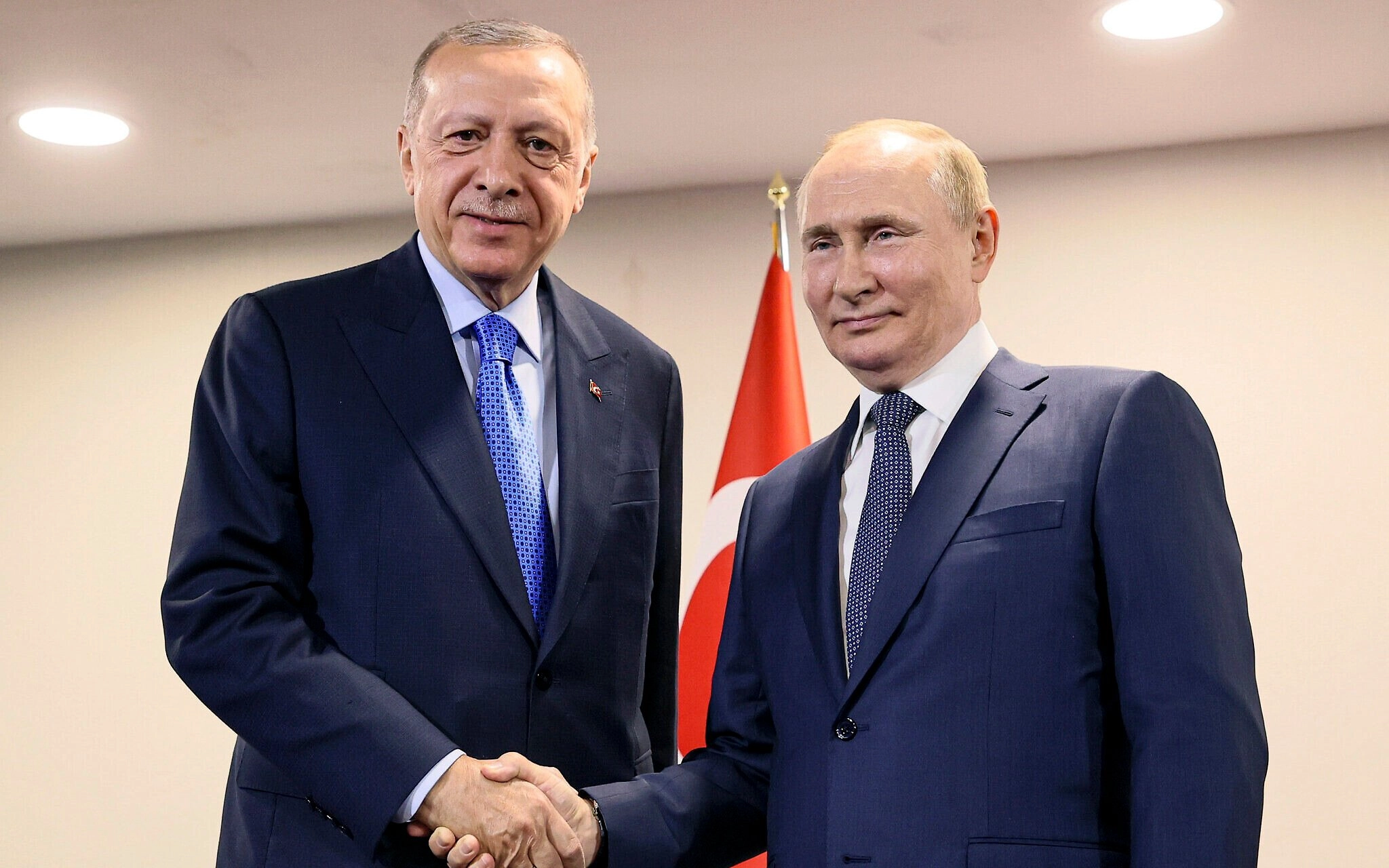Erdogan and Putin Address Escalating Syria Tensions: What’s at Stake?
What are the key issues driving the recent discussions between Turkish President Recep Tayyip Erdogan and Russian President Vladimir Putin regarding Syria? Why is this dialogue critical for regional stability? How might their negotiations shape the future of the conflict-ridden region? These questions loom large as the two leaders engage in high-stakes diplomacy amid escalating tensions.
The Context of Erdogan-Putin Talks
The recent phone conversation between Erdogan and Putin highlights the fragile state of affairs in Syria, where multiple factions, including Turkish-backed forces, Russian-supported Syrian government troops, and remnants of extremist groups, continue to vie for control. The discussion focused on de-escalating tensions in Idlib and northern Syria, where clashes have intensified in recent months.
Both leaders emphasized the need to uphold previous agreements, such as the 2020 ceasefire brokered by Russia and Turkey. However, violations persist, raising concerns about a potential resurgence of large-scale conflict. The talks also touched on humanitarian issues, including the plight of displaced civilians in Idlib.
Real-world example: The 2020 ceasefire agreement temporarily halted a Syrian government offensive in Idlib, which had displaced nearly a million people. Despite this, sporadic clashes and airstrikes have continued, underscoring the difficulty of maintaining long-term peace.
Strategic Interests of Turkey and Russia
Turkey and Russia, though often at odds, share a complex relationship in Syria. Turkey supports opposition groups fighting against Syrian President Bashar al-Assad, while Russia is Assad’s strongest ally. Despite these opposing stances, both nations have cooperated to prevent further destabilization.
For Turkey, northern Syria is a security buffer against Kurdish militias it views as terrorists. Russia, meanwhile, seeks to consolidate Assad’s control over the entire country. Their overlapping interests create a delicate balancing act.
Practical application: The Astana peace process, co-sponsored by Turkey, Russia, and Iran, exemplifies how rival powers can collaborate to manage conflicts, even if their end goals differ.

Humanitarian Crisis in Idlib
Idlib remains the last major opposition stronghold in Syria, hosting over three million civilians, half of whom are internally displaced. The region faces severe shortages of food, medicine, and shelter, with aid access frequently disrupted by fighting.
Erdogan and Putin discussed ways to ensure humanitarian corridors remain open, but logistical and political hurdles persist. Turkey has called for increased international aid, while Russia insists on restoring Syrian government control over the area.
Real-world example: In February 2023, a deadly earthquake exacerbated Idlib’s crisis, drawing global attention to the region’s vulnerability. Aid efforts were hampered by damaged infrastructure and ongoing hostilities.
The Role of International Actors
The U.S., EU, and Gulf states also play significant roles in Syria, though their influence has waned compared to Russia and Turkey. The U.S. maintains a limited military presence in northeastern Syria, focusing on counterterrorism, while the EU provides humanitarian aid but lacks a unified political strategy.
Putin and Erdogan’s dialogue occurs against this backdrop, with both leaders aware that external actors could either support or undermine their efforts. Coordination with other powers remains a challenge.
Practical application: The UN-led cross-border aid mechanism, which allows humanitarian supplies to enter Syria without Damascus’s approval, shows how international cooperation can bypass political deadlocks.
Future Prospects for Syria
The Erdogan-Putin talks may set the stage for renewed diplomatic initiatives, but lasting peace remains elusive. Key obstacles include disagreements over Idlib’s status, the presence of foreign troops, and the future of Kurdish-led administrations in northeast Syria.
Experts suggest that incremental steps, such as local ceasefires and confidence-building measures, may be more achievable than a comprehensive settlement. However, without addressing root causes like governance and reconstruction, tensions will likely persist.
Real-world example: The 2018 Sochi agreement between Turkey and Russia temporarily reduced violence in Idlib but failed to resolve underlying disputes, leading to renewed clashes later.
Conclusion: A Fragile Balancing Act
The Erdogan-Putin discussions underscore the intricate dynamics shaping Syria’s conflict. While both leaders have incentives to avoid all-out war, their competing interests make sustained cooperation difficult. The humanitarian crisis, geopolitical rivalries, and the absence of a unified international approach further complicate the path to peace.
As the situation evolves, the world watches to see whether diplomacy can prevail over escalation. For now, the talks represent a cautious step toward managing—if not resolving—one of the world’s most protracted conflicts.






